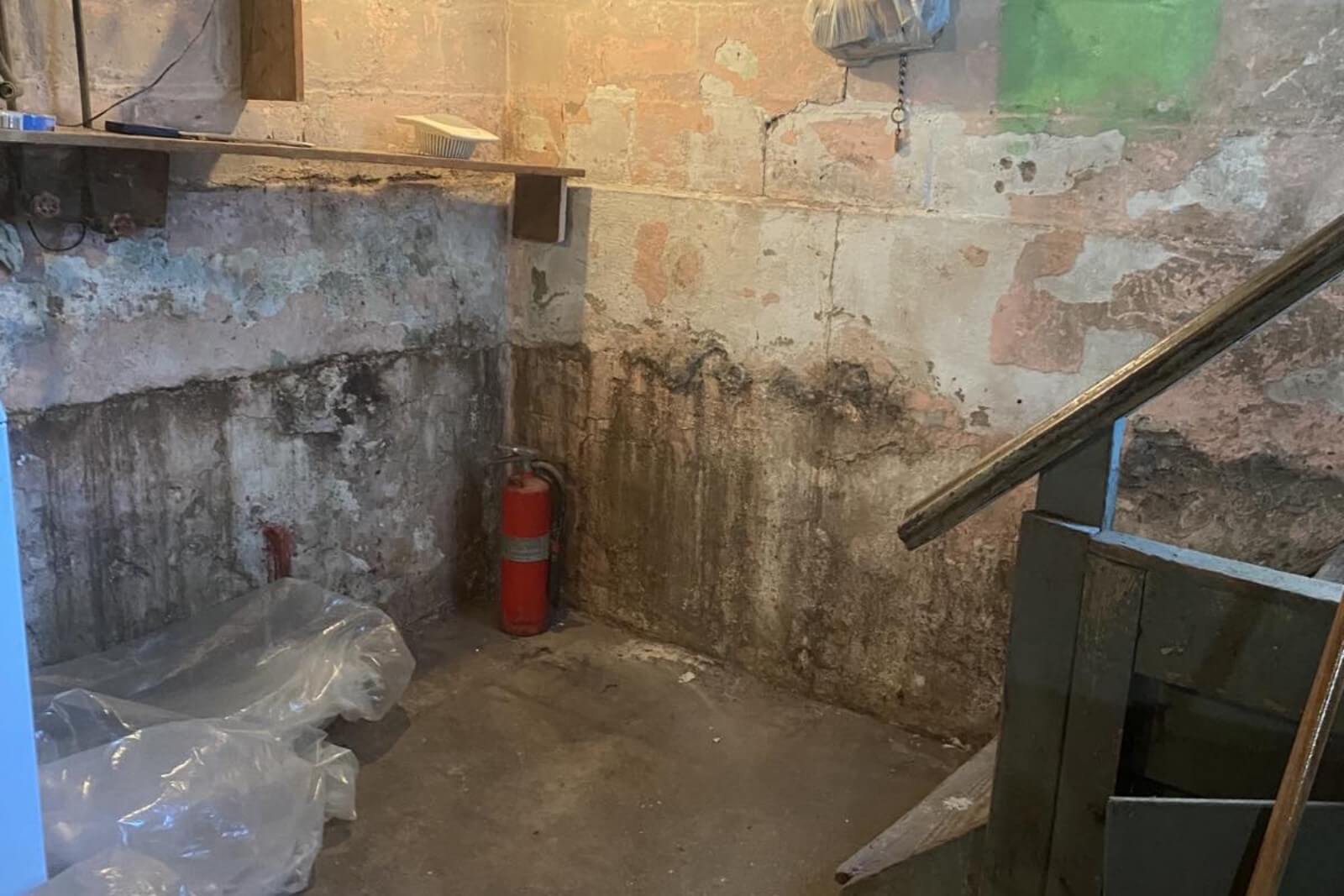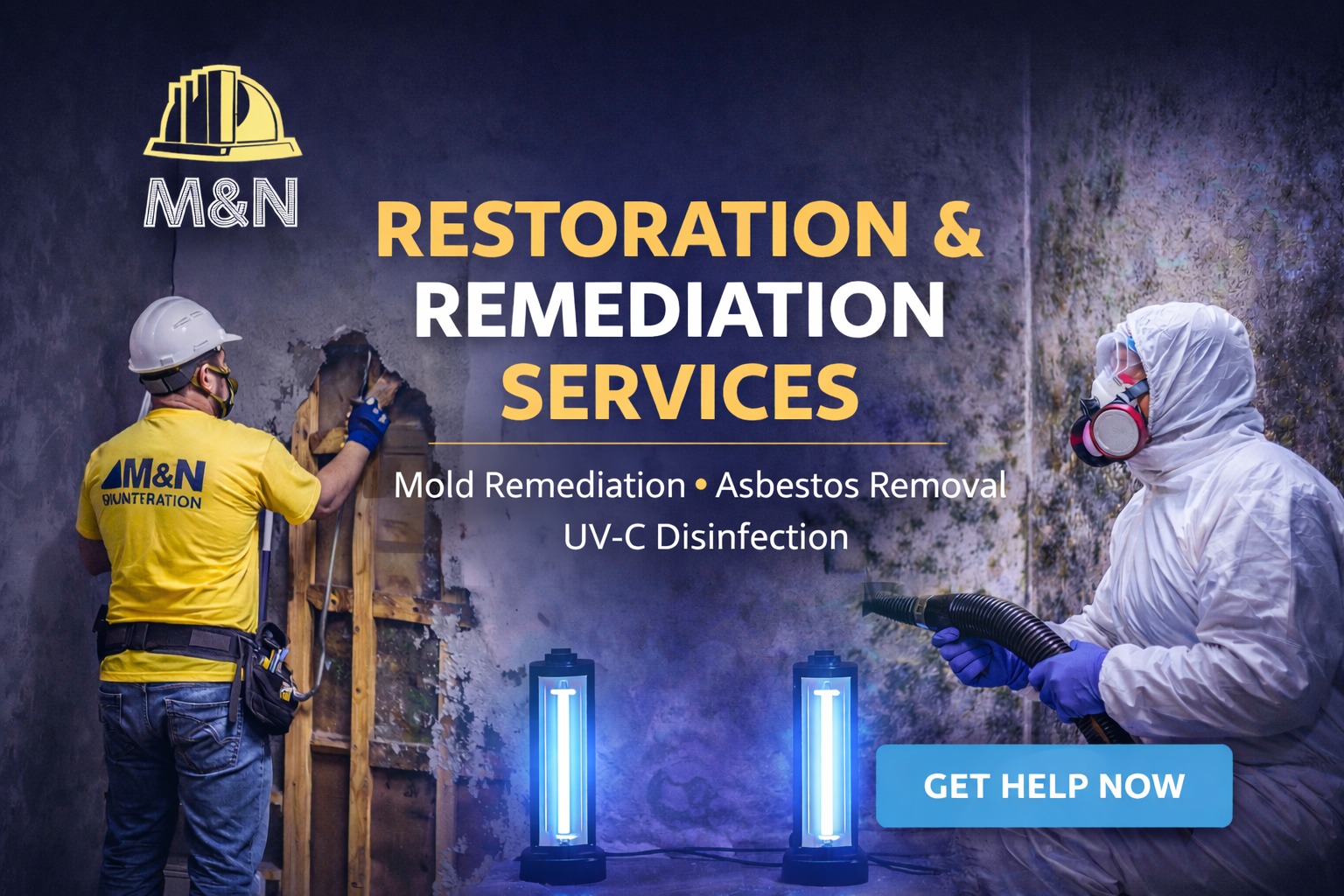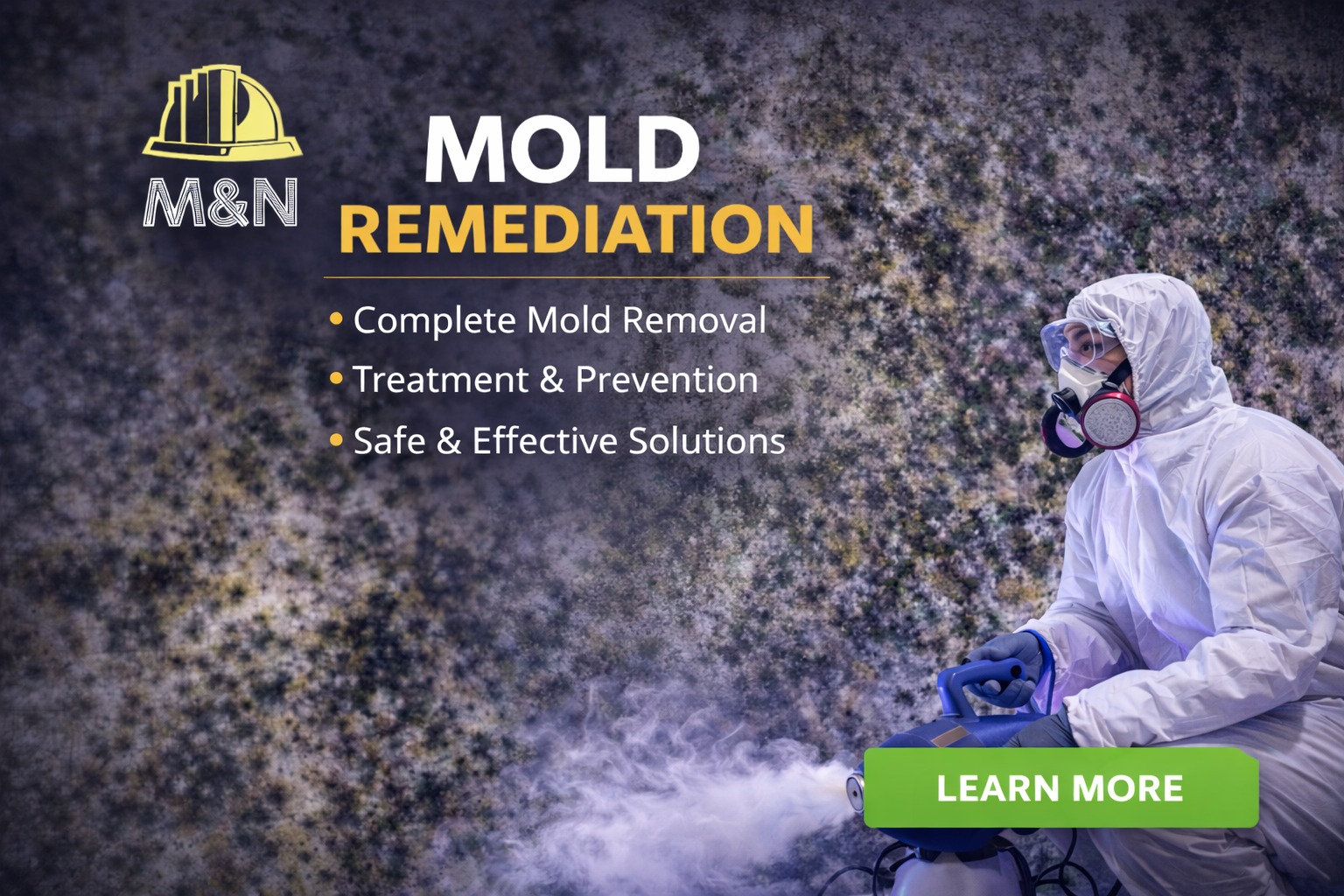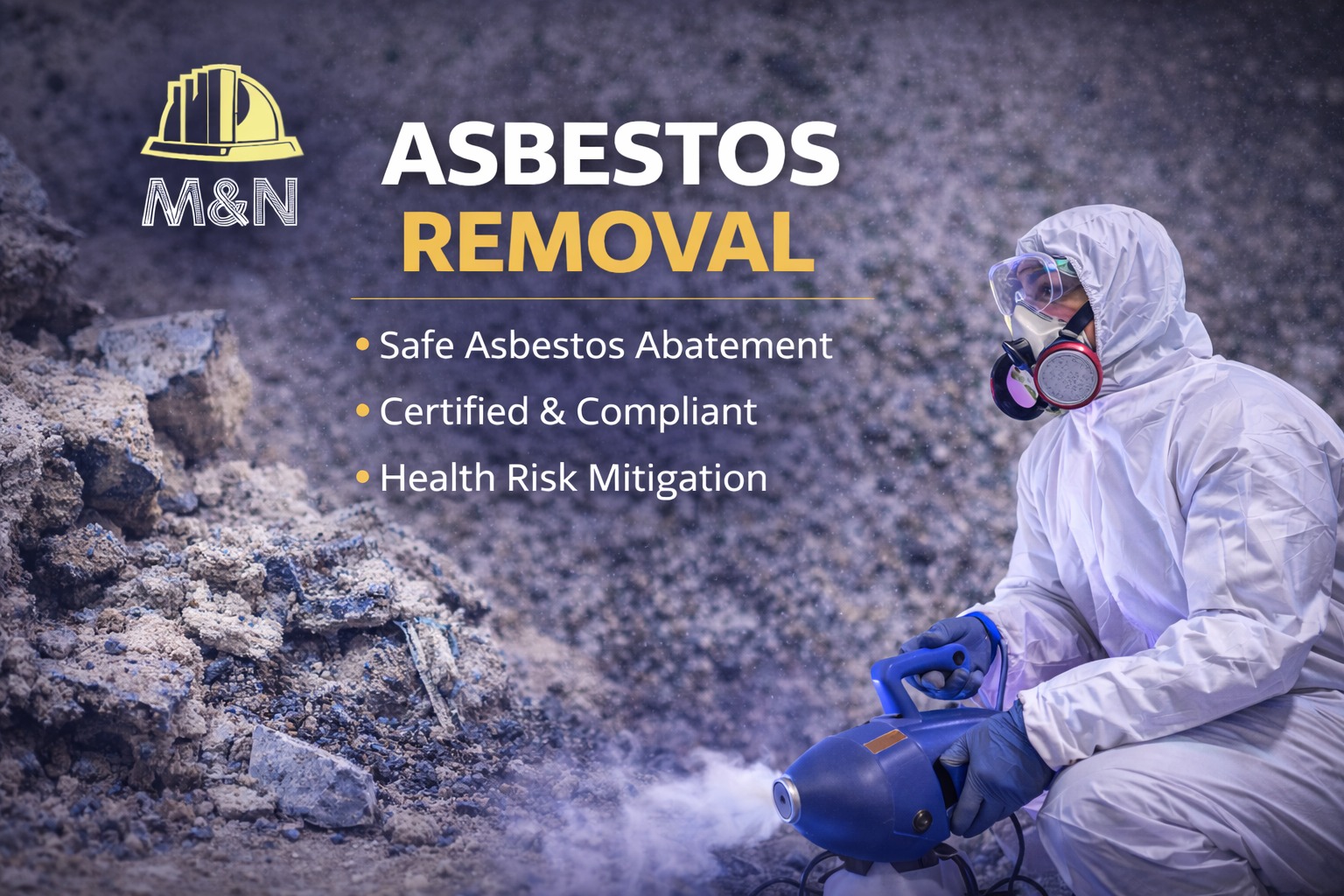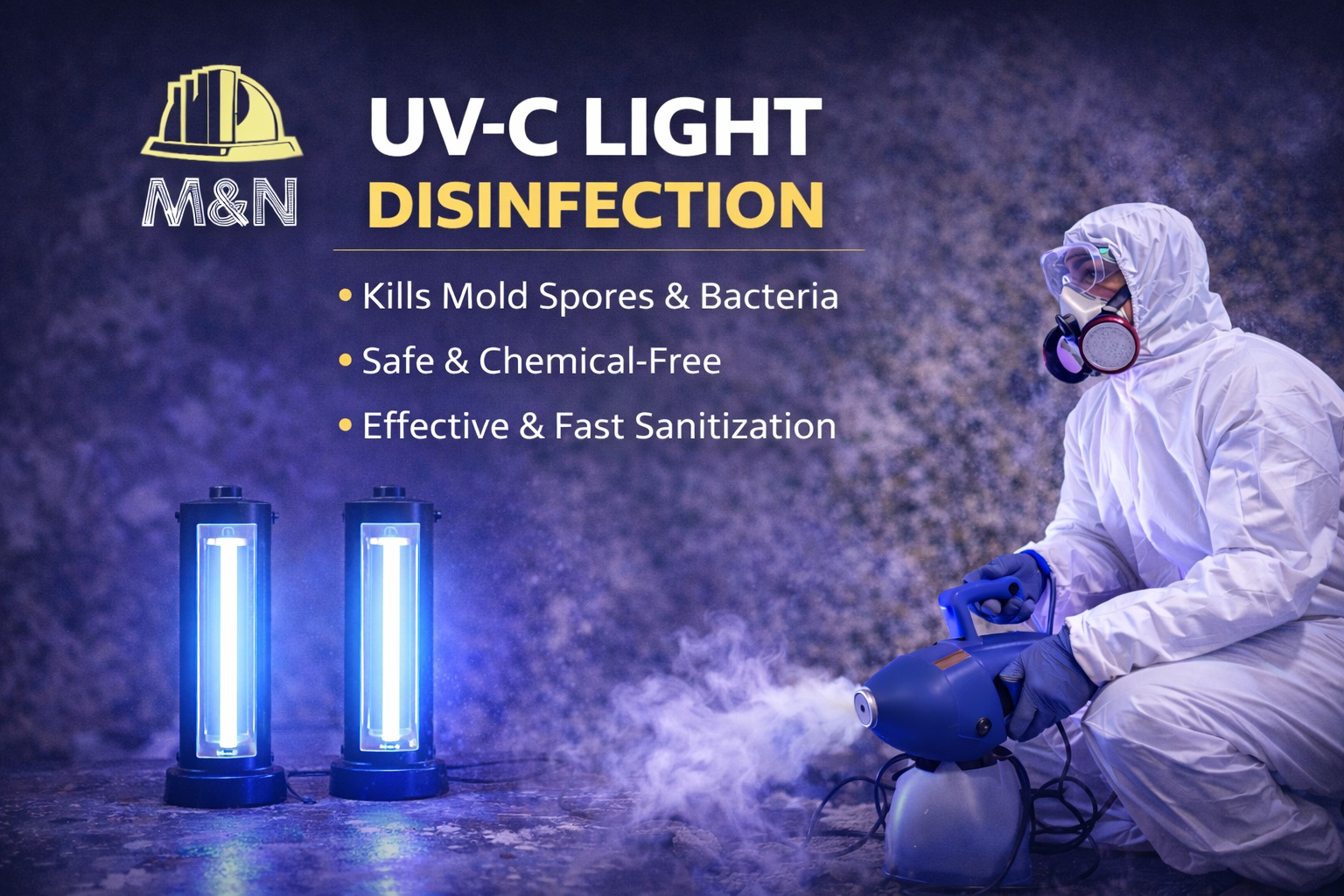Aug 05 2025 09:25h
Why Mold and Allergy Season Go Hand-in-Hand
Introduction: Why Mold and Allergy Season Go Hand-in-Hand
As allergy season rolls in, many families in New Jersey brace for sneezing, watery eyes, and congestion. While most people blame pollen, there’s another hidden culprit that worsens symptoms indoors: mold. Mold spores are common allergy triggers that thrive in warm, damp environments—especially in homes that have poor ventilation or past water damage.
In this article, we’ll explore how mold affects allergies, why symptoms spike during certain seasons, and—most importantly—how to protect your family this season.
Understanding the Link Between Mold and Allergies
Mold produces microscopic spores that float through the air and are easily inhaled. For sensitive individuals, exposure to mold spores can trigger allergic reactions similar to seasonal allergies, including:
-
Sneezing
-
Runny or stuffy nose
-
Coughing
-
Itchy, red, or watery eyes
-
Postnasal drip
-
Skin irritation
For people with asthma, mold exposure can also cause serious flare-ups and breathing difficulties.
🧬 Fact: The American College of Allergy, Asthma & Immunology (ACAAI) lists mold as a common indoor allergen that can lead to year-round symptoms.
Why Mold Allergies Worsen in Spring and Fall
Mold can grow all year, but allergy symptoms typically worsen during spring and fall due to:
-
Increased humidity and rain, which promote mold growth outdoors and in basements or crawl spaces.
-
Open windows, which allow outdoor mold spores to enter your home.
-
Falling leaves and decaying vegetation, which become breeding grounds for mold in yards and gutters.
Inside your home, mold thrives in:
-
Bathrooms and kitchens (from steam)
-
Attics (poor ventilation)
-
Basements (humidity and lack of sunlight)
-
HVAC systems (dust and moisture buildup)
Common Indoor Molds That Trigger Allergies
There are thousands of mold species, but the most common ones that cause allergic reactions include:
-
Cladosporium – Common in carpets, fabrics, and HVAC systems
-
Penicillium – Found in insulation, wallpaper, and mattresses
-
Alternaria – Grows in damp places like showers and under sinks
-
Aspergillus – Can be airborne indoors and potentially dangerous
7 Practical Ways to Protect Your Family from Mold and Allergies
1. Keep Humidity Levels in Check
Maintain indoor humidity between 30% and 50%. Use a dehumidifier in damp areas like basements, and run exhaust fans in bathrooms and kitchens.
✅ Tip: A digital hygrometer can help you monitor humidity in real-time.
2. Fix Leaks Immediately
Water leaks create ideal conditions for mold. Check under sinks, behind toilets, around windows, and in the attic for signs of moisture. Repair leaks promptly and dry the area thoroughly.
3. Clean and Ventilate Bathrooms Regularly
Bathrooms are mold hotspots. Wipe down wet surfaces, use a squeegee on shower walls, and run a fan or open a window after every shower.
4. Replace HVAC Filters Often
Air filters trap mold spores and other allergens. Replace your filters every 1–3 months, especially during allergy season. Consider using HEPA filters for maximum filtration.
5. Use Mold-Resistant Products in Problem Areas
When renovating, choose mold-resistant drywall, paint, and insulation—especially in bathrooms, laundry rooms, and basements.
6. Keep Gutters and Drains Clean
Clogged gutters lead to water buildup near your home’s foundation, which can cause basement moisture and mold. Clean them regularly, especially in fall.
7. Schedule a Professional Mold Inspection
If allergy symptoms persist despite your efforts, hidden mold could be to blame. A professional inspection will uncover mold in walls, HVAC systems, or other hard-to-reach places.
When to Call a Mold Remediation Specialist
Sometimes, cleaning visible mold isn’t enough. If you notice:
-
A persistent musty odor
-
Large patches of visible mold
-
Recurring allergy symptoms in your home
…it’s time to bring in a certified mold remediation company.
At MN Restoration, we offer thorough mold inspections, testing, and safe remediation to help families breathe easier in every season. We serve homeowners across New Jersey with a focus on:
-
Eliminating mold at the source
-
Restoring healthy indoor air
-
Preventing future growth through moisture control
📞 Call us today at 973-883-5645 or email mnrestorationnj@gmail.com to schedule your inspection.
Conclusion: Don't Let Mold Steal Your Season
Allergy season is tough enough without hidden mold making things worse. By understanding how mold contributes to indoor allergies—and taking proactive steps to control it—you can create a healthier home for your family.
Don’t let mold stay hidden. If you suspect an issue, act fast. Your health depends on it.
